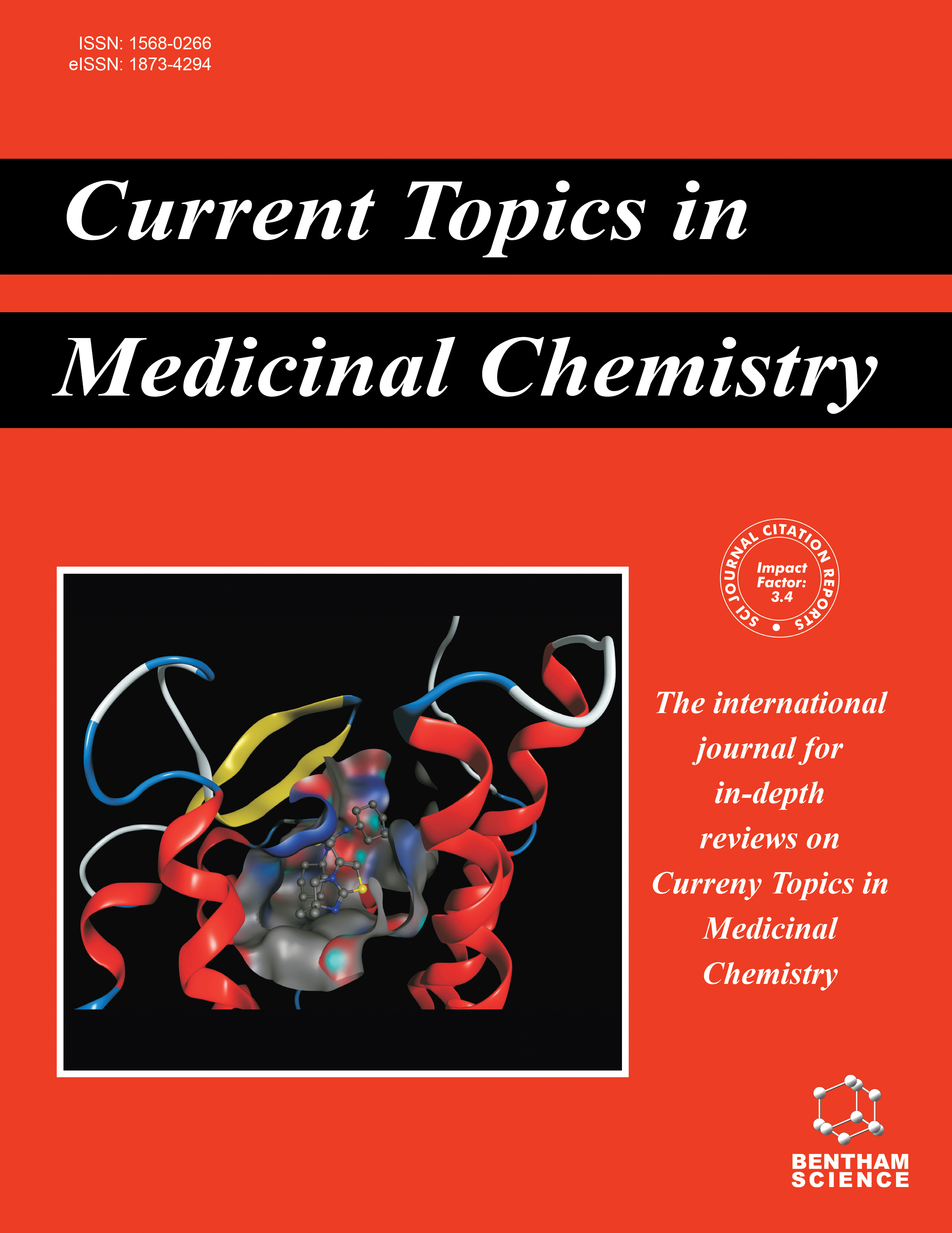-
s An Overview of Ovarian Cancer: Molecular Processes Involved and Development of Target-based Chemotherapeutics
- Source: Current Topics in Medicinal Chemistry, Volume 21, Issue 4, Feb 2021, p. 329 - 346
-
- 01 Feb 2021
Abstract
Ovarian cancer is one of the leading gynecologic diseases with a high mortality rate worldwide. Current statistical studies on cancer reveal that over the past two decades, the fifth most common cause of death related to cancer in females of the western world is ovarian cancer. In spite of significant strides made in genomics, proteomics and radiomics, there has been little progress in transitioning these research advances into effective clinical administration of ovarian cancer. Consequently, researchers have diverted their attention to finding various molecular processes involved in the development of this cancer and how these processes can be exploited to develop potential chemotherapeutics to treat this cancer. The present review gives an overview of these studies which may update the researchers on where we stand and where to go further. The unfortunate situation with ovarian cancer that still exists is that most patients with it do not show any symptoms until the disease has moved to an advanced stage. Undoubtedly, several targets-based drugs have been developed to treat it, but drug-resistance and the recurrence of this disease are still a problem. For the development of potential chemotherapeutics for ovarian cancer, however, some theoretical approaches have also been applied. A description of such methods and their success in this direction is also covered in this review.


